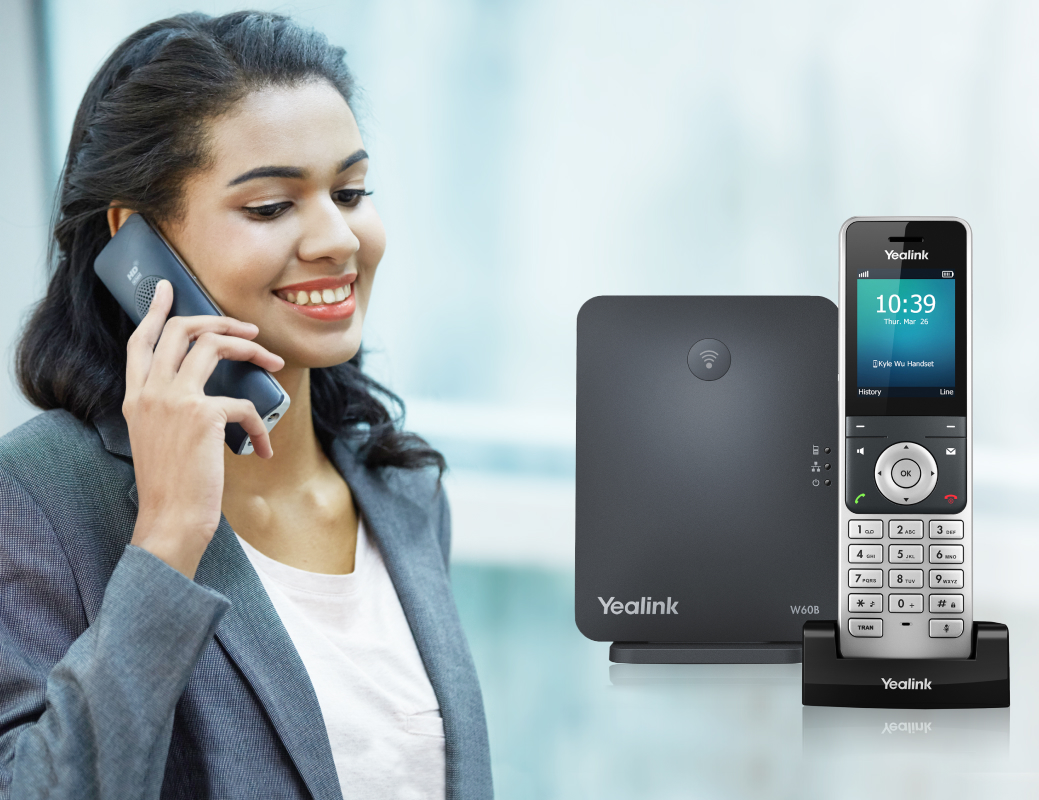Introduction
In today's fast-paced business environment, communication systems play a crucial role in maintaining effective operations. The advent of technology has brought about significant changes in how businesses communicate, particularly with the rise of Voice over Internet Protocol (VoIP) phone systems. As companies seek to enhance efficiency and reduce costs, many are transitioning from traditional Private Branch Exchange (PBX) systems to VoIP solutions. However, this switch is not just about cost or convenience; it also has a significant environmental impact. In this article, we’ll delve deep into the environmental impact of switching from PBX to VoIP phone systems, exploring various dimensions such as energy consumption, waste reduction, http://andrexniq769.lowescouponn.com/migrating-from-isdn-to-a-modern-voip-solution-what-to-expect carbon footprint, and more.
Understanding PBX and VoIP Phone Systems
What is a PBX System?
A Private Branch Exchange (PBX) system is a private telephone network used within an organization. It allows users to communicate internally and externally using different communication channels like voice calls, fax, and voicemail. Traditional PBX systems rely heavily on copper wiring and dedicated telephony hardware.
The Rise of VoIP Phone Systems
VoIP (Voice over Internet Protocol) phone systems use the internet to transmit voice data instead of traditional phone lines. This technology converts analog voice signals into digital packets which are then sent over the internet. The flexibility and scalability of VoIP have made it an attractive option for businesses looking to modernize their communication infrastructure.
The Environmental Impact of Switching from PBX to VoIP Phone Systems
Switching from traditional PBX to VoIP can significantly reduce an organization's environmental footprint. This shift results in less energy consumption and reduced waste generation while promoting sustainable practices.
Energy Efficiency: A Key Benefit
VoIP phone systems consume considerably less energy compared to conventional PBX systems. Traditional systems often require multiple physical servers and extensive cabling that consume a large amount of electricity.
Lower Power Consumption
Many VoIP devices are designed for energy efficiency. They consume power only when needed, unlike legacy PBX systems that run continuously.
Reduced Cooling Needs
With fewer physical infrastructures to cool, organizations can save on additional energy costs associated with air conditioning.
Cloud-Based Solutions
Most modern VoIP solutions utilize cloud technology which optimizes server usage across multiple clients—resulting in lower overall energy consumption.
Waste Reduction: Less Hardware Equals Less Waste
Transitioning to VoIP means that businesses can minimize the amount of hardware they need.
Less Physical Equipment
By eliminating bulky equipment like switches and dedicated servers, companies contribute less electronic waste (e-waste) to landfills.
Reusability of Existing Devices
Many existing devices such as computers and mobile phones can be repurposed for VoIP applications.
Longevity of Technology
VoIP technologies typically evolve faster than traditional telephony equipment, allowing organizations to upgrade their software without needing new hardware frequently.
Carbon Footprint: Reducing Greenhouse Gas Emissions
Adopting a VoIP phone system also contributes positively towards reducing greenhouse gas emissions.

Lower Emissions Associated with Production
Streamlined Manufacturing Processes
As fewer physical devices are required with VoIP, there’s less demand for manufacturing components which often involves significant carbon emissions.
Transportation Emissions Reduced
Fewer devices mean reduced transportation needs during shipping—further lowering the overall carbon footprint associated with procurement.
Energy Sources Matter
Many cloud-based providers use renewable energy sources for their data centers—a stark contrast to older telecom providers that may rely on fossil fuels.
Remote Work Capabilities: A Sustainable Solution
VoIP technology provides robust support for remote work arrangements, leading to several environmental benefits:
Reduced Commuting Emissions
Employees who work remotely do not travel as much, thereby decreasing traffic congestion and emissions associated with commuting.
Flexible Working Hours

Economic Considerations for Businesses Going Green
Cost Savings through Efficiency
While environmental factors are crucial, economic considerations cannot be overlooked:
Lower Operational Costs
Reduced energy consumption directly translates into lower utility bills.
Scalability

Affordable Upgrades
Transitioning from PBX often comes with lower maintenance costs since upgrades tend to happen through software rather than requiring new hardware purchases.
Regulatory Incentives for Green Practices
Many governments offer incentives for businesses that adopt greener practices:
Tax Breaks or Credits
Organizations may qualify for tax reductions when implementing sustainable technologies such as VoIP.
Grants for Technological Upgrades
Some localities provide grants aimed at helping small businesses transition toward more environmentally friendly technologies.
Social Responsibility: Aligning Business Practices with Values
As consumers become increasingly aware of environmental issues, companies that prioritize sustainability tend to attract more customers:
Brand Image Enhancement Adopting green practices enhances brand reputation among environmentally conscious consumers.
Stakeholder Engagement Companies showing commitment towards sustainability can better engage stakeholders who value corporate social responsibility (CSR).
Community Relations By reducing their carbon footprint through smart technological choices like switching from PBX to VoIP phone systems, companies foster goodwill within their communities.
FAQs
What is a VoIP Phone System?
A VoIP phone system allows users to make voice calls using the internet instead of traditional telephone lines by converting sound into digital data packets transmitted over IP networks.
How does switching from PBX save money?
Switching from PBX saves money by reducing equipment costs, operational expenses related to maintenance and upgrades, telecommunications fees due to cheaper calling rates offered by many VoIP providers, and electricity savings due to lower power consumption by VoIP devices.
Is the quality of calls better with a VoIP Phone System?
Yes! High-quality call features are available with most modern VoIP services due largely in part because they utilize broadband connections capable of handling greater bandwidth than traditional telephony lines offer.
Are there any downsides or challenges when switching?
Some potential downsides could include internet dependency which means if connectivity issues arise then so might call quality; additionally initial setup may require training staff properly on new tools introduced through implementation processes smoothly without disruptions occurring during transitions phases between old/new platforms respectively depending upon size complexity involved therein too!
How can I ensure network security when using a VoIP Phone System?
You can enhance network security by implementing strong encryption protocols like Secure Real-time Transport Protocol (SRTP), utilizing virtual private networks (VPNs), regularly updating software/firmware versions used throughout your organization’s infrastructure including firewalls routers/switches ensuring only authorized personnel access core resources while monitoring traffic patterns proactively identifying suspicious activity accordingly preventing potential breaches before they occur!
Can I keep my existing phone numbers when switching?
Yes! Most reputable providers will allow you port existing numbers over seamlessly making transition easier while avoiding disruptions caused unexpectedly during migration processes too!
Conclusion
In conclusion, examining the environmental impact of switching from PBX to VoIP phone systems reveals numerous benefits not only concerning sustainability but also regarding cost-efficiency and improved communication capabilities suited for today’s dynamic business environment! As organizations pivot towards greener alternatives enhancing operational effectiveness simultaneously aligning themselves ethically responsible frameworks proving beneficial both short-term long-term perspectives alike—it stands clear why making this transition should be prioritized across industries looking forward thriving into future landscapes filled challenges opportunities alike! So why wait? It’s time businesses embraced innovative technologies paving way brighter tomorrow ensuring everyone wins—including our planet too!